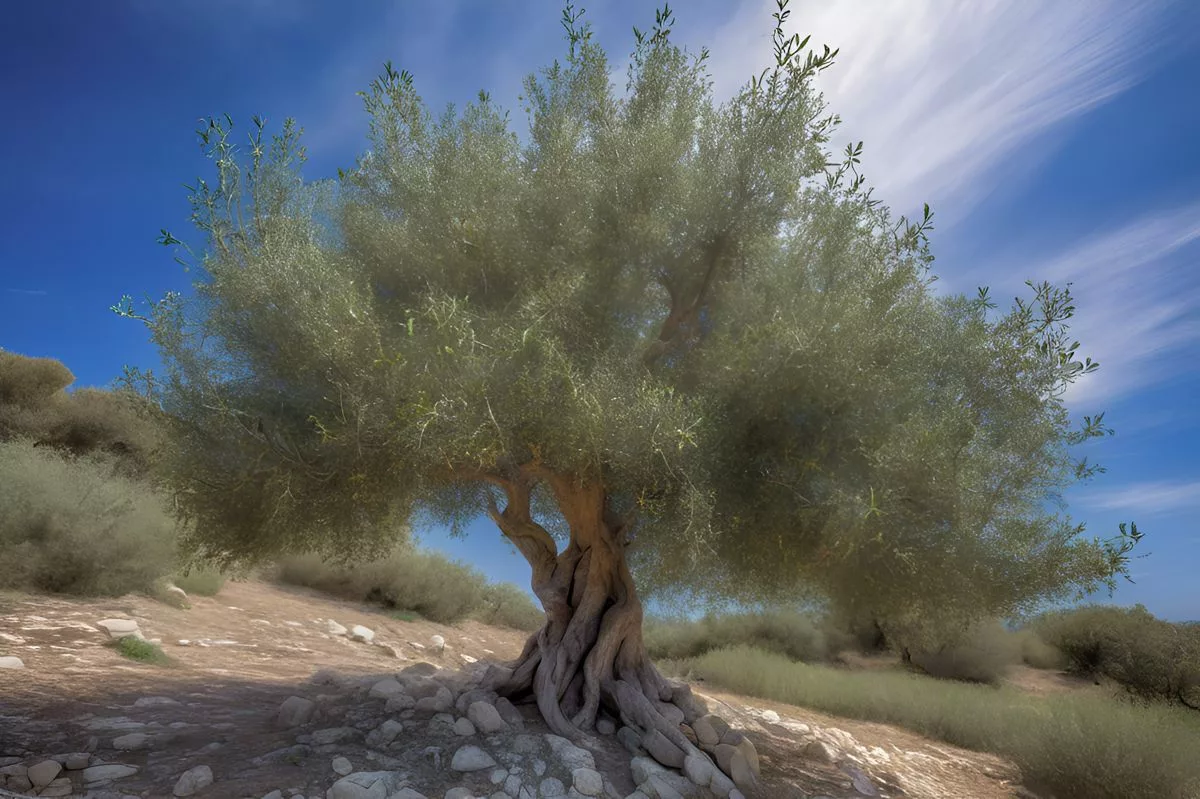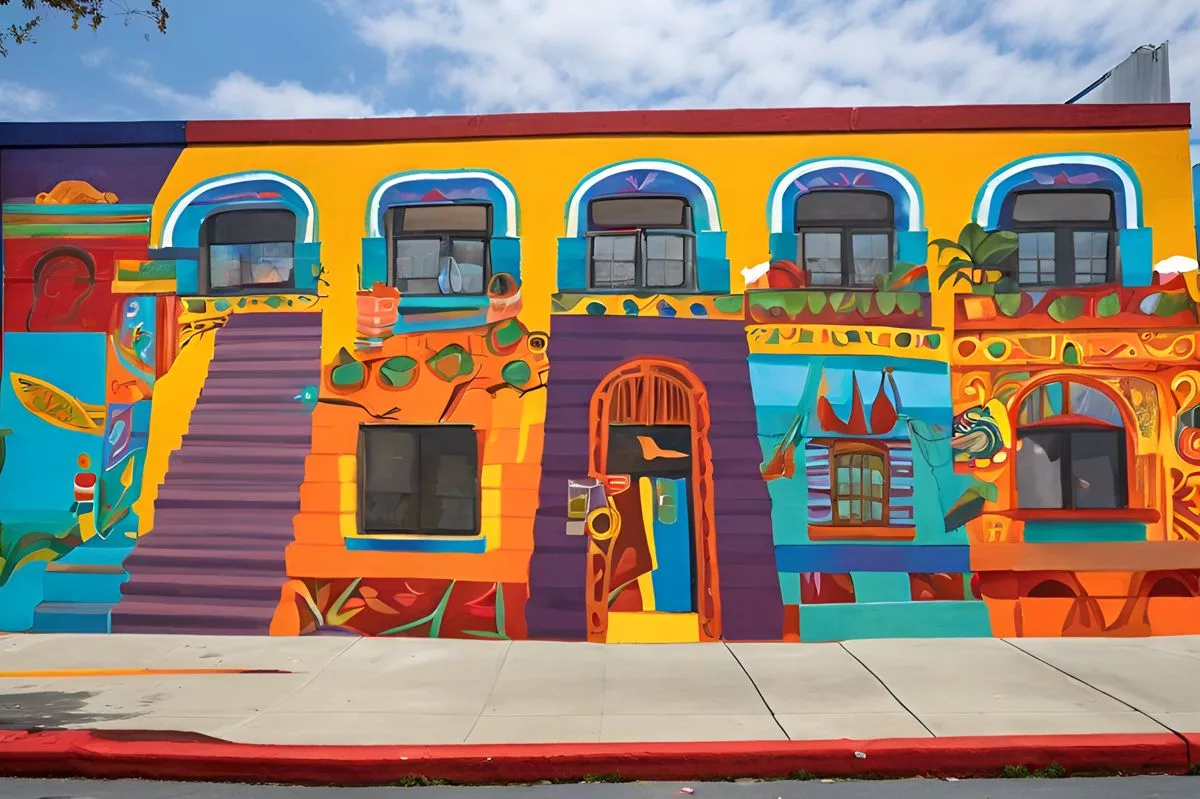Arbor Month in Cape Town is a joyful celebration of trees and the environment, where the community comes together to plant beautiful indigenous trees like the Wild Olive. On September 25, 2024, city leaders planted two Wild Olives at the Bellville Municipal building, showing their commitment to a greener, healthier city. This event not only beautified the area but also strengthened community bonds and reminded everyone of the importance of caring for nature. With every tree planted, Cape Town invests in a brighter, more sustainable future for generations to come.
What is Arbor Month and why is it important in Cape Town?
Arbor Month in Cape Town celebrates environmental preservation through tree planting. The city promotes sustainability by engaging the community in planting indigenous trees, like the Wild Olive. These efforts enhance urban spaces, improve air quality, and foster a sense of community ownership, contributing to a greener future.
A Community-Driven Commitment
Cape Town wrapped up its Arbor Month celebrations with a significant gesture that underscored the city’s dedication to environmental preservation and community involvement. On September 25, 2024, prominent city officials, including Alderman Theresa Uys, Facilities Management Director Regan Melody, and Ward 55 Councillor Fabian Ah-Sing, assembled to plant two indigenous Wild Olive trees at the Bellville Municipal building. This act went beyond mere tree planting; it was a testament to fostering community spirit, sustainability, and a lasting legacy.
Alderman Theresa Uys eloquently highlighted the event’s importance, noting the multiple benefits of planting native trees. “By planting indigenous trees, we promote Cape Town’s commitment to a healthy environment. The Olea europaea Africana—also known as the Wild Olive—is a beautiful evergreen tree that can thrive in various conditions. There is inherent value in planting trees and other local plants; it demonstrates our dedication to a sustainable future,” stated Uys.
The tradition of planting trees dates back to ancient civilizations, where trees symbolized life, growth, and continuity. For example, the Greeks planted olive trees as symbols of peace and prosperity, and ancient Egyptians revered sycamores. The tree planting event in Bellville connects Cape Town to these longstanding traditions, using nature to convey meaningful messages.
Enhancing Urban Spaces
The Bellville Municipal building, located on Voortrekker Road, is a vital hub for residents, offering services like municipal account payments and motor vehicle licensing. Enhancing the environment around this building not only beautifies the area but also makes it more welcoming for the public. On the day of the event, the grounds saw a transformation; weeds were cleared, and the yard was tidied up, creating a safer and more inviting space.
Alderman Uys reflected on the broader implications of tree planting. “Trees are a legacy we can all cherish. Watching them grow and flourish reminds future generations that we cared about our natural heritage,” she remarked. This sentiment captures the essence of Arbor Month—not just the act of planting but the enduring legacy it creates.
The celebration began four weeks earlier with the unveiling of a commemorative Water Berry tree at the Grand Parade. This event also marked the opening of the City Hall’s Nelson Mandela in Cape Town Legacy Exhibition and the installation of a mosaic bench. Each of these acts, while diverse, shared a common theme: a commitment to honoring history, culture, and the environment.
Honoring Legacy and Culture
The Water Berry tree, known for its resilience and vitality, served as a tribute to Nelson Mandela’s enduring legacy. The mosaic bench, a vibrant addition, reflected the city’s rich artistic heritage and its commitment to public art. These installations collectively celebrated Cape Town’s diverse cultural tapestry and its dedication to preserving its natural and historical heritage.
Cape Town’s approach to Arbor Month takes cues from global environmental movements, such as the Green Belt Movement in Kenya. Led by Nobel laureate Wangari Maathai, this grassroots initiative focused on tree planting to combat deforestation and empower communities. Much like Maathai’s movement, Cape Town’s Arbor Month activities underscore local engagement and long-term sustainability.
The choice of the Wild Olive tree (Olea europaea Africana) for planting also holds ecological importance. Renowned for its resilience and adaptability, this evergreen species can thrive in various conditions, mirroring Cape Town’s diverse climatic regions. The tree’s ability to be pruned and shaped makes it suitable for urban landscapes without compromising its natural beauty.
A Symbolic Act with Lasting Impact
The act of planting these trees carries a profound message. Trees are living monuments; they grow and change, marking the passage of time. The Wild Olive trees planted in Bellville will stand as testaments to the city’s commitment to environmental health and community well-being. As they mature, they will provide shade, improve air quality, and offer habitats for urban wildlife, thereby enhancing the urban ecosystem.
This event also emphasizes the importance of community involvement in environmental initiatives. Residents and city officials working together to clear and beautify the grounds exemplify a collective responsibility towards urban spaces. Such activities foster a sense of ownership and pride among community members, encouraging them to contribute to the upkeep and enhancement of their surroundings.
Cape Town’s Arbor Month activities are a microcosm of broader environmental efforts. The city’s dedication to planting indigenous trees aligns with global sustainability goals, including the United Nations’ Sustainable Development Goals (SDGs). Specifically, it supports SDG 15, which focuses on life on land, emphasizing the need to protect, restore, and promote sustainable use of terrestrial ecosystems.
Integrating Nature into Urban Development
In the realm of urban planning, the integration of green spaces is crucial. Cities worldwide are recognizing the benefits of urban forestry, from improving mental health to mitigating the urban heat island effect. Cape Town, with its Arbor Month initiatives, is contributing to this global trend, ensuring that its urban development is harmonious with nature.
As these trees take root and flourish, they will serve as living reminders of the city’s commitment to sustainability and community. They will stand as symbols of growth and resilience, much like the city itself. The Wild Olive trees, alongside the Water Berry tree and mosaic bench, collectively weave a narrative of Cape Town’s dedication to preserving its natural heritage while embracing its cultural and historical identity.
Through these actions, Cape Town not only honors its past but also lays the groundwork for a sustainable and vibrant future. The city’s Arbor Month celebration is a poignant reminder of the power of community and the importance of environmental stewardship, illustrating that the act of planting trees is a small step towards a larger, greener vision for the future.
“`markdown
What is Arbor Month and why is it important in Cape Town?
Arbor Month in Cape Town is a celebration focused on environmental preservation through tree planting. It encourages community engagement in planting indigenous trees like the Wild Olive, enhancing urban spaces, improving air quality, and fostering a sense of community ownership. These efforts contribute to a greener future and raise awareness about the importance of caring for nature.
What activities took place during Arbor Month in 2024?
On September 25, 2024, Cape Town’s Arbor Month celebrations culminated in the planting of two indigenous Wild Olive trees at the Bellville Municipal building. City leaders, including Alderman Theresa Uys and other officials, participated in this significant event. Earlier in the month, a Water Berry tree was unveiled at the Grand Parade, coinciding with the opening of the Nelson Mandela Legacy Exhibition and the installation of a mosaic bench, all celebrating the city’s commitment to heritage and sustainability.
Why was the Wild Olive tree chosen for planting?
The Wild Olive tree (Olea europaea Africana) was chosen for its resilience and adaptability, which allows it to thrive in various conditions found in Cape Town’s diverse climate. This evergreen species is not only beautiful but can also be pruned and shaped, making it suitable for urban landscapes while maintaining its natural character. Its planting symbolizes the city’s commitment to environmental health and sustainability.
How does Arbor Month contribute to community involvement?
Arbor Month fosters community involvement by engaging residents in tree planting and beautification efforts. The collaboration between city officials and community members during the tree planting event emphasizes collective responsibility towards urban spaces. Such activities help instill a sense of ownership and pride among residents, encouraging ongoing participation in the upkeep and enhancement of their surroundings.
What are the broader implications of Cape Town’s Arbor Month initiatives?
Cape Town’s Arbor Month activities align with global sustainability goals, particularly the United Nations’ Sustainable Development Goal 15, which focuses on the protection and sustainable use of terrestrial ecosystems. The initiative not only aims to combat deforestation but also strives to empower communities and promote environmental stewardship, ultimately contributing to a healthier urban ecosystem.
How do tree planting events like Arbor Month impact urban development?
Tree planting events such as Arbor Month play a crucial role in urban development by integrating green spaces into city planning. They enhance mental health, improve air quality, and mitigate urban heat effects, contributing to a more livable city. In Cape Town, these initiatives serve as living reminders of the importance of sustainability and community, laying the groundwork for a vibrant and resilient future.
“`












